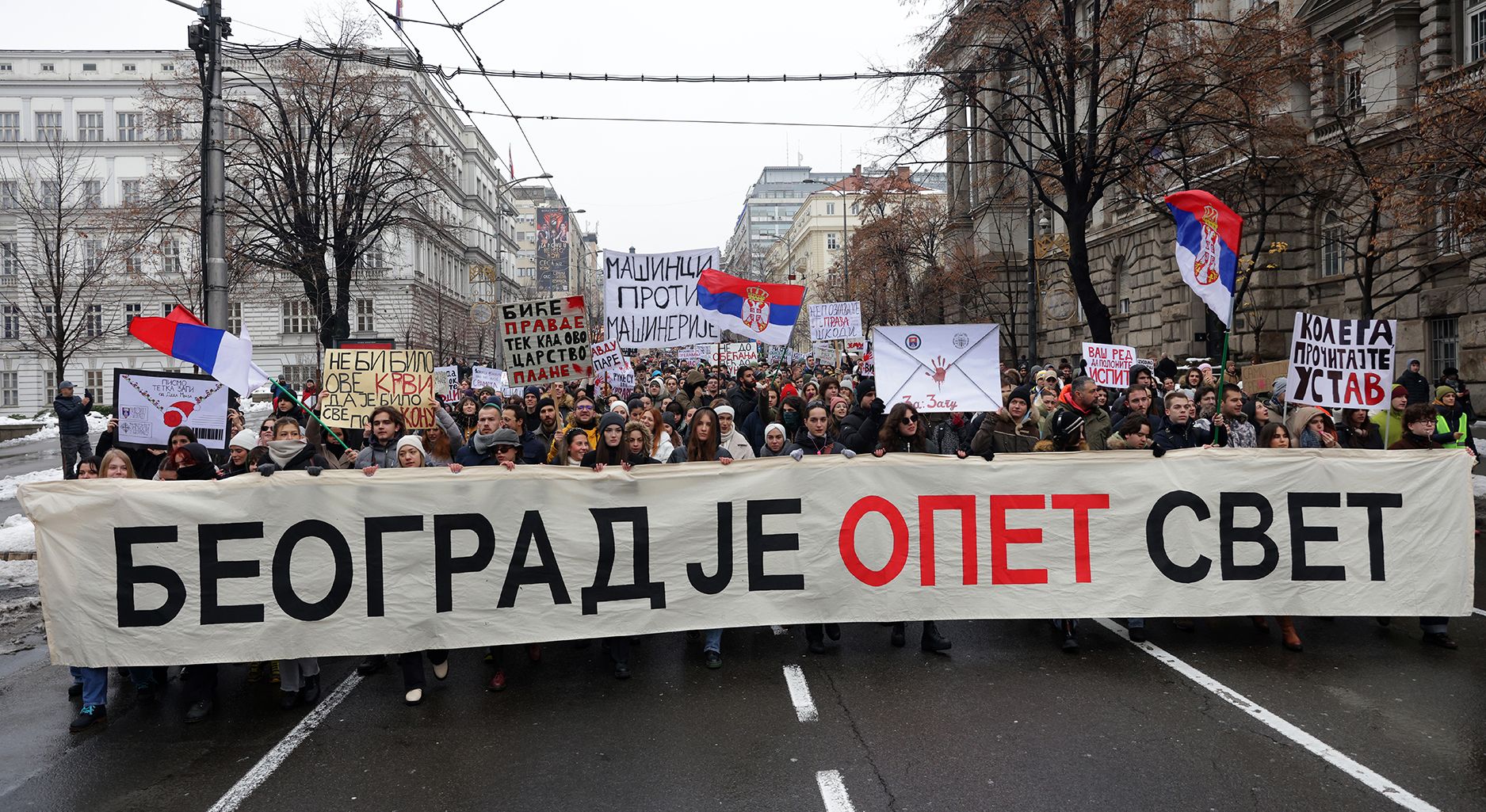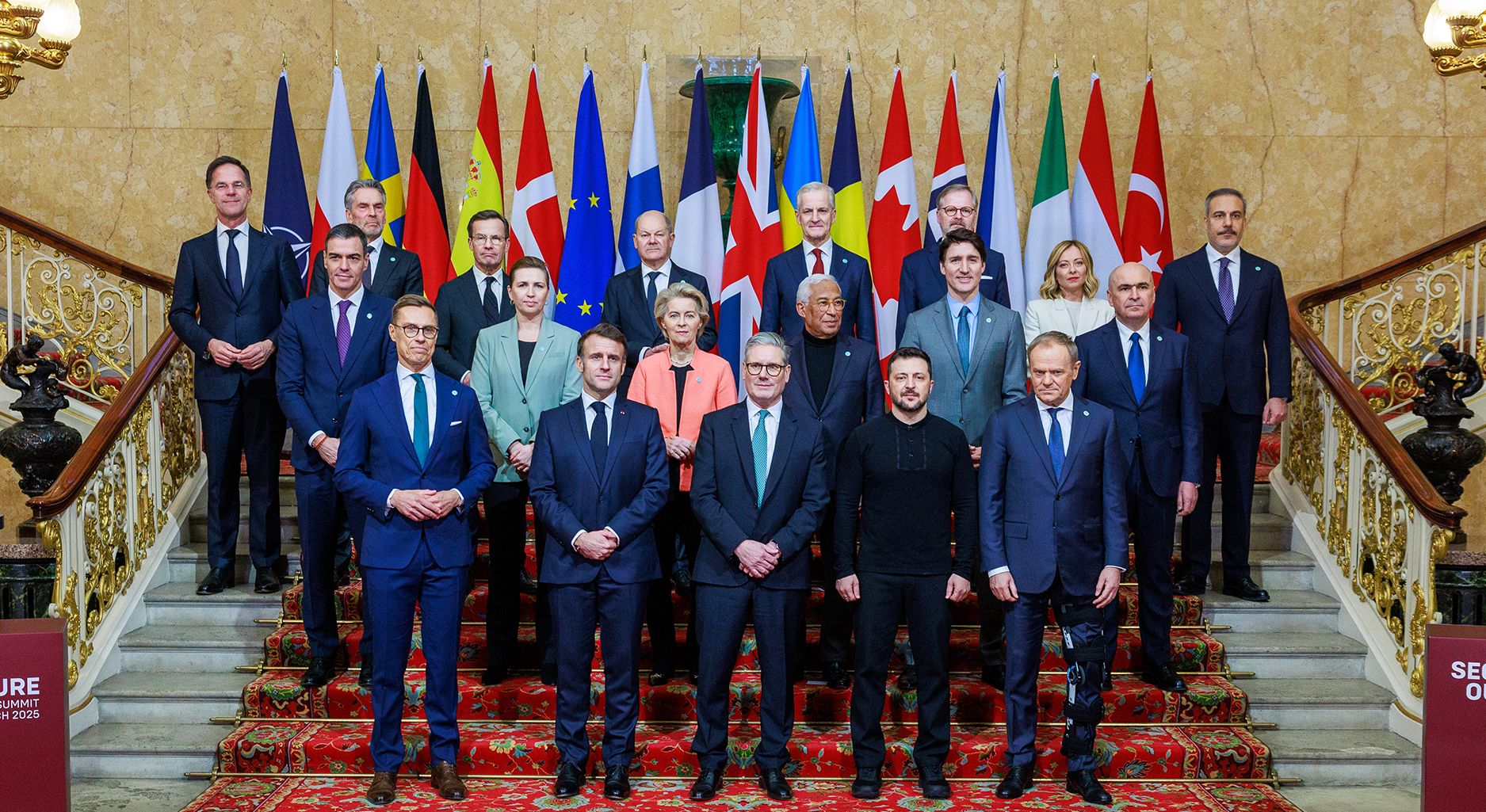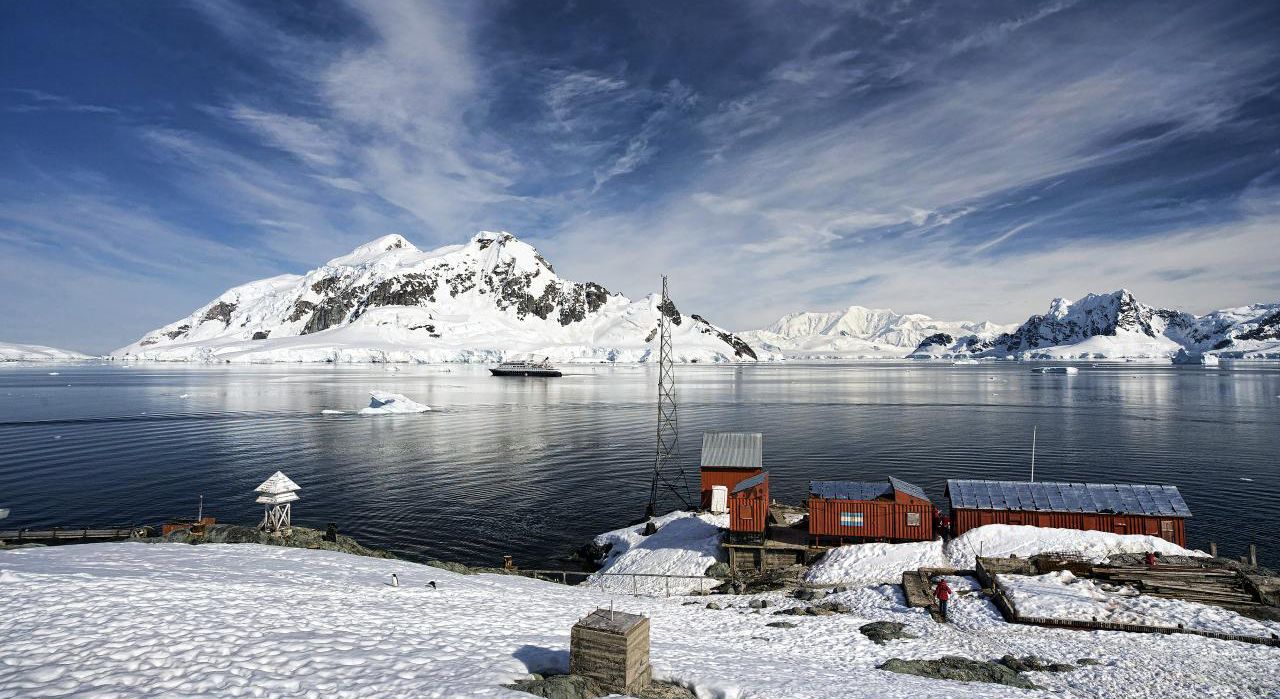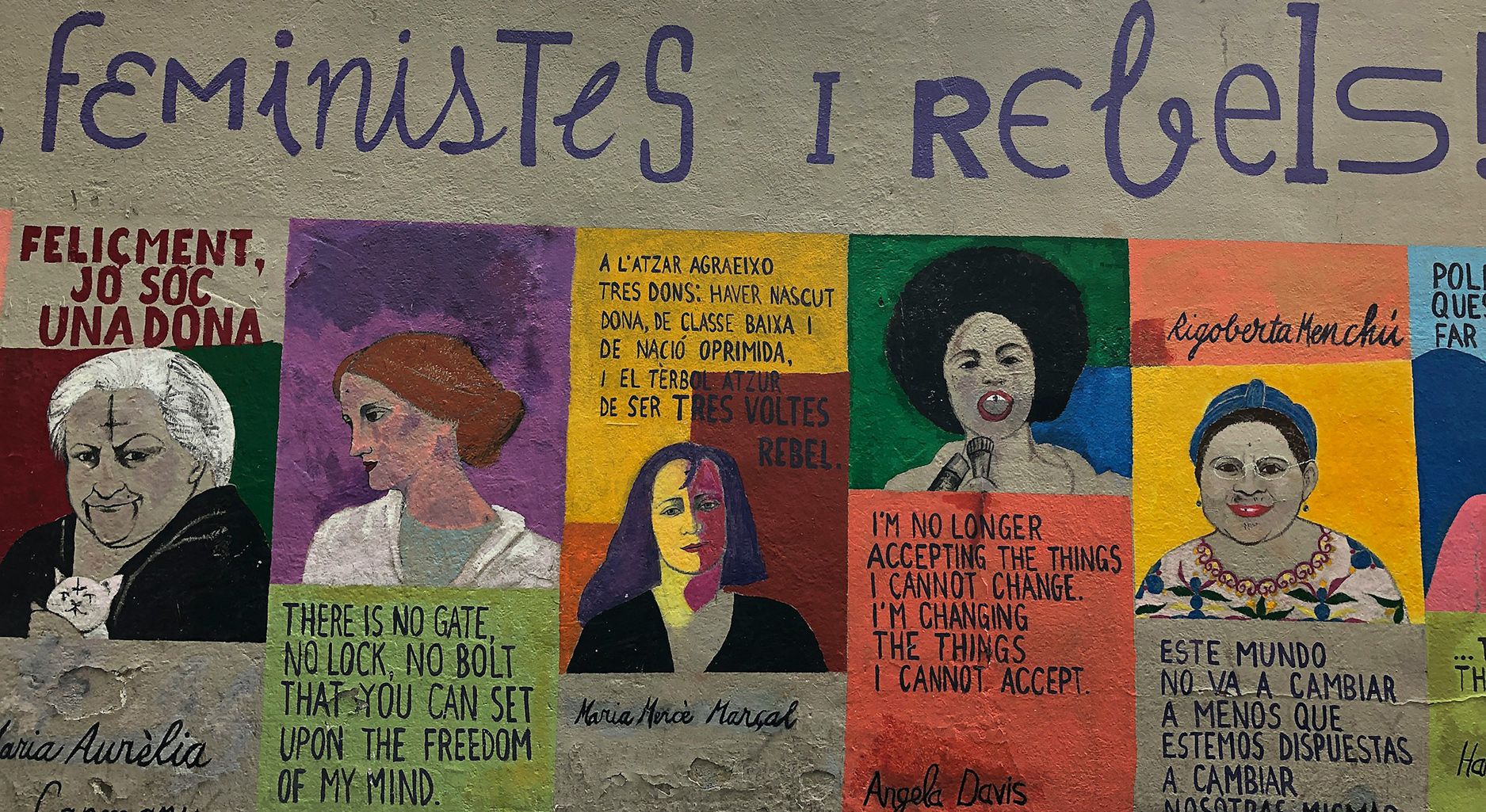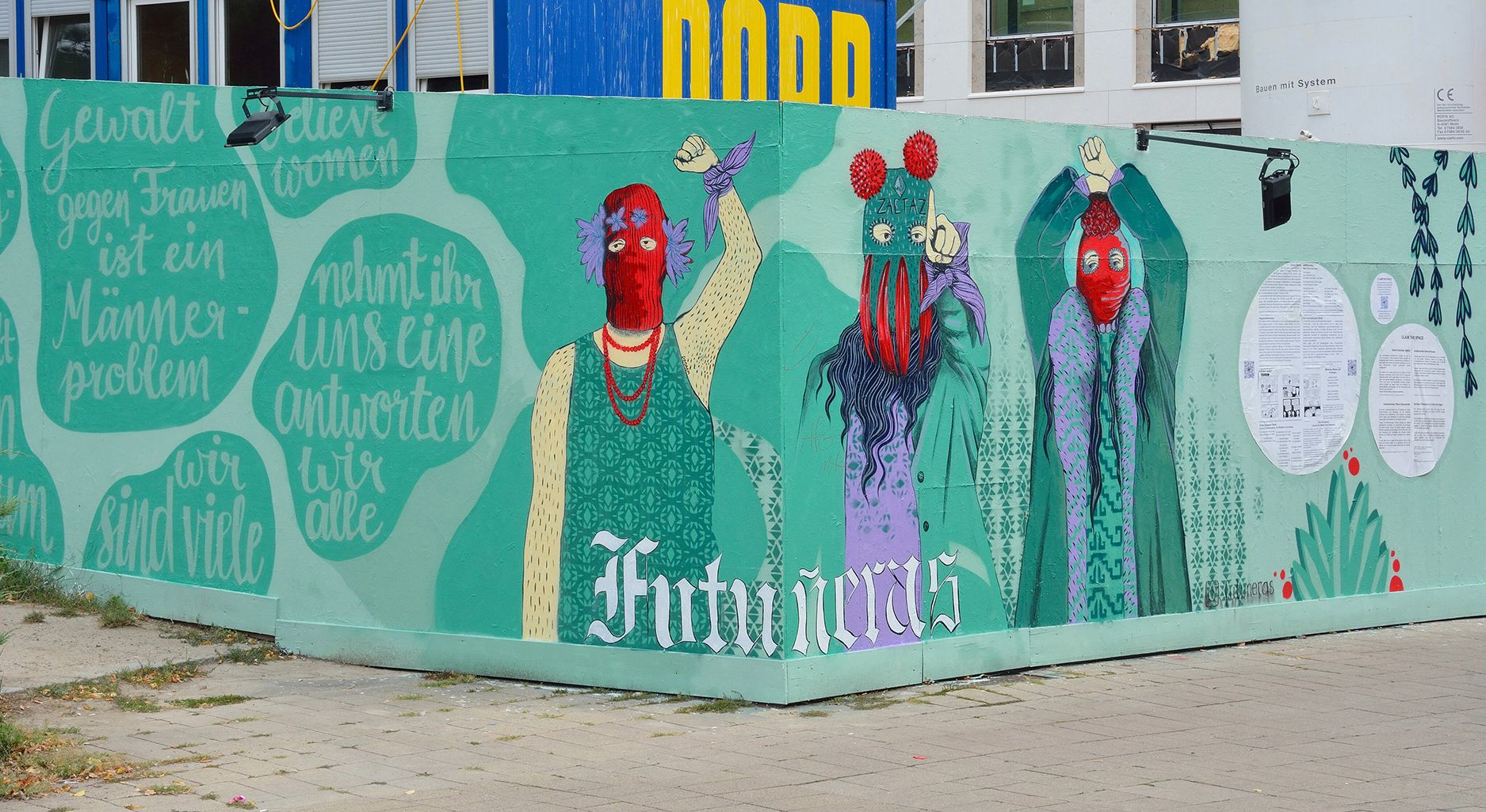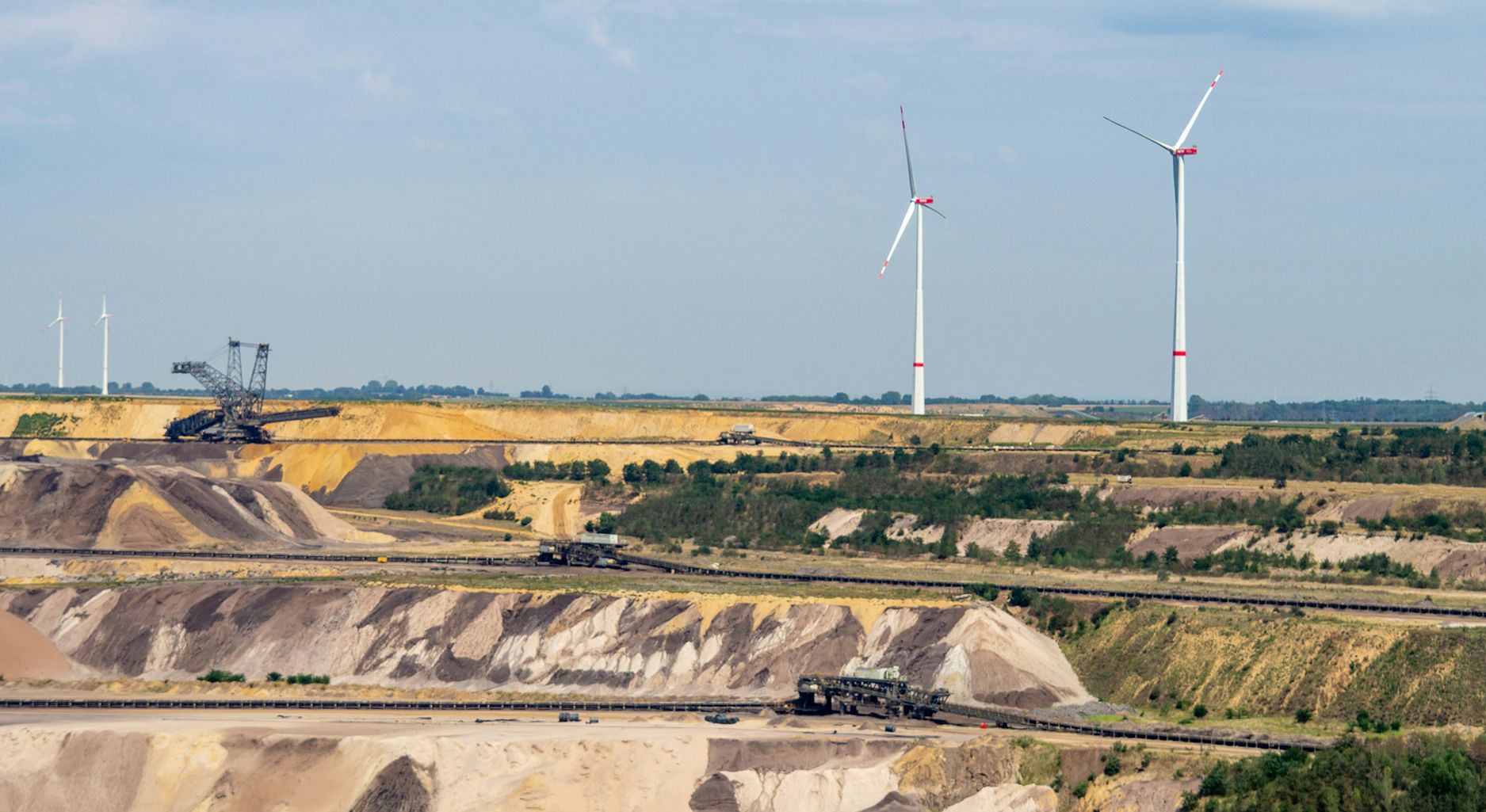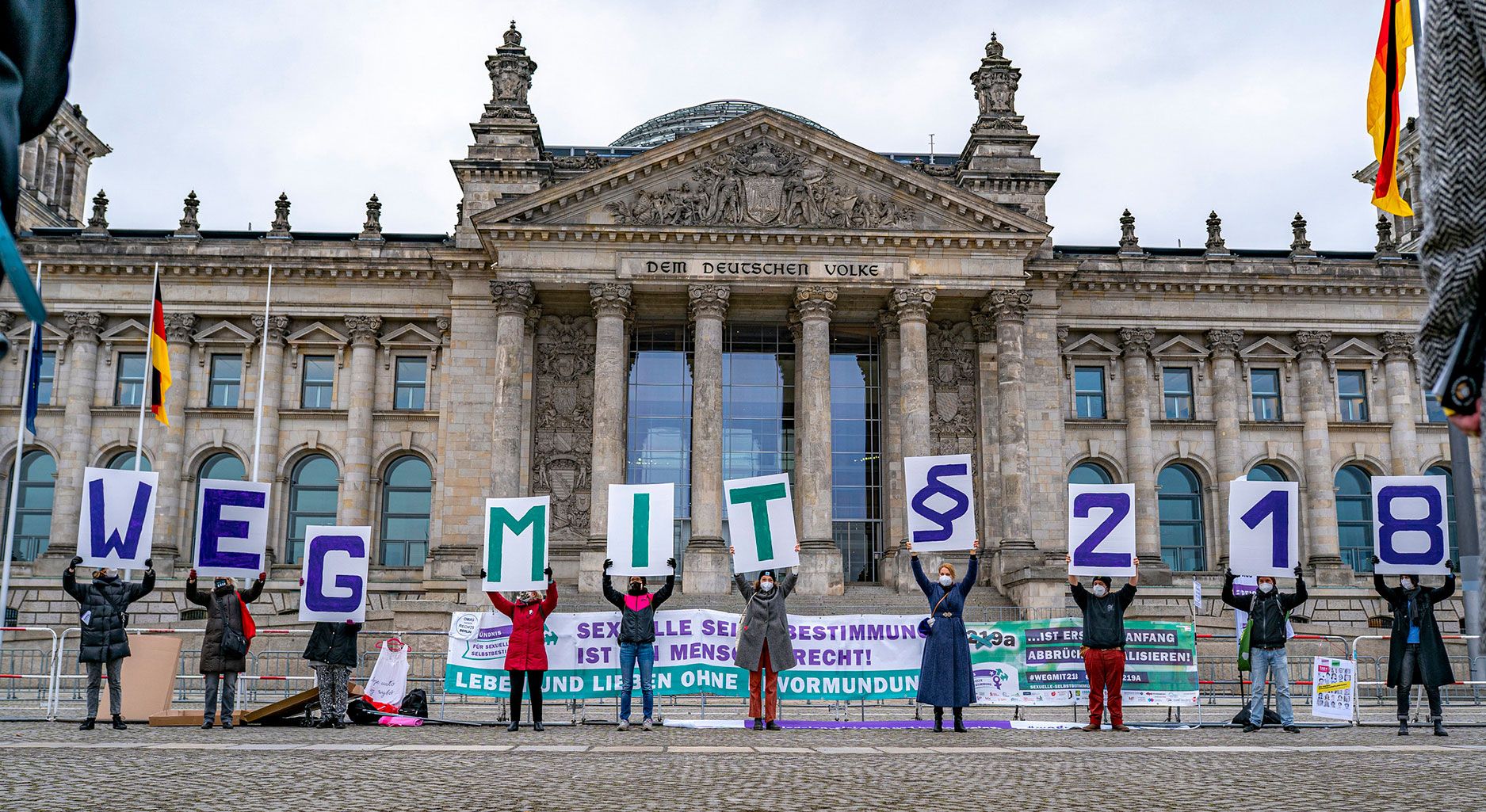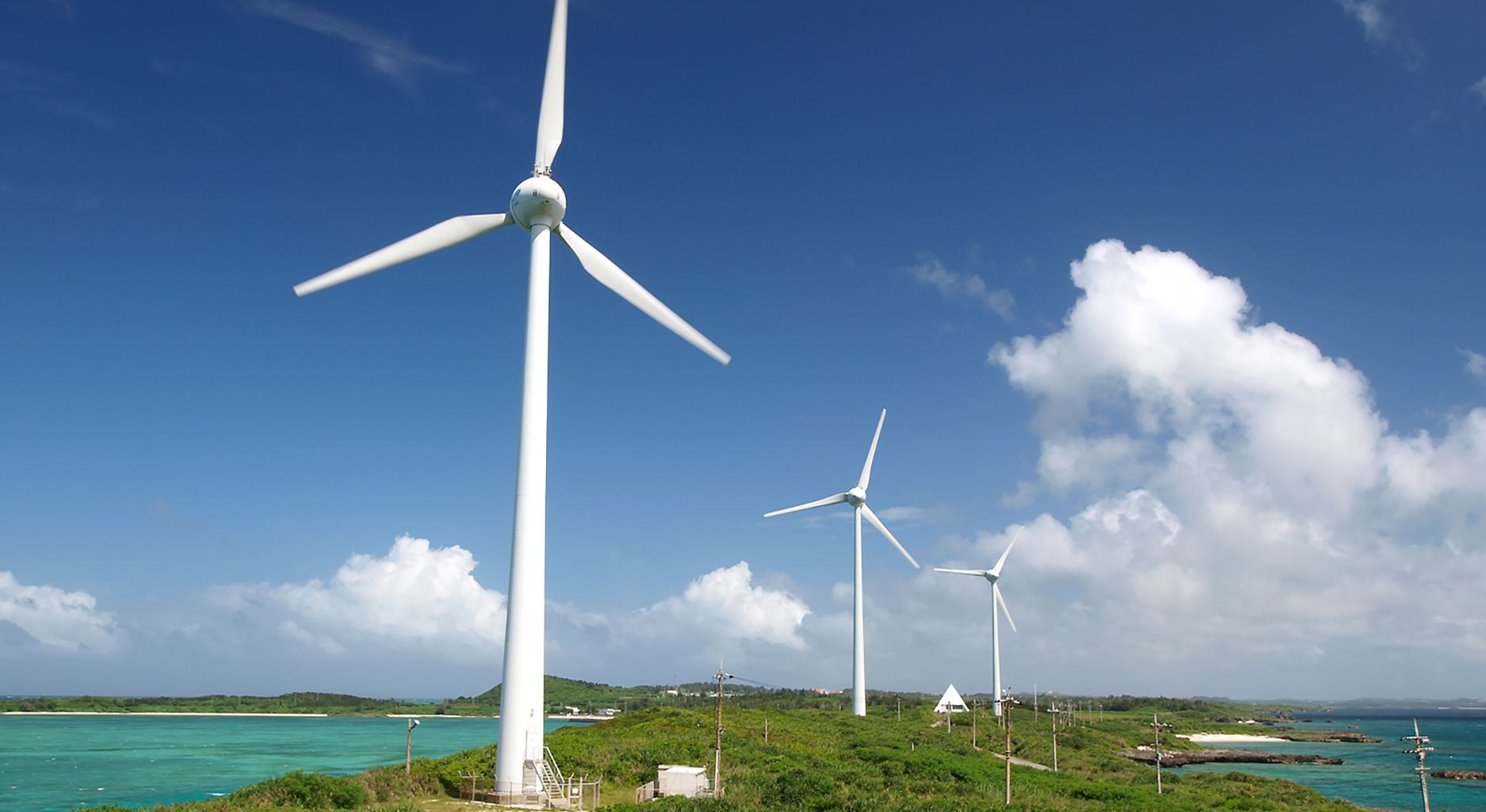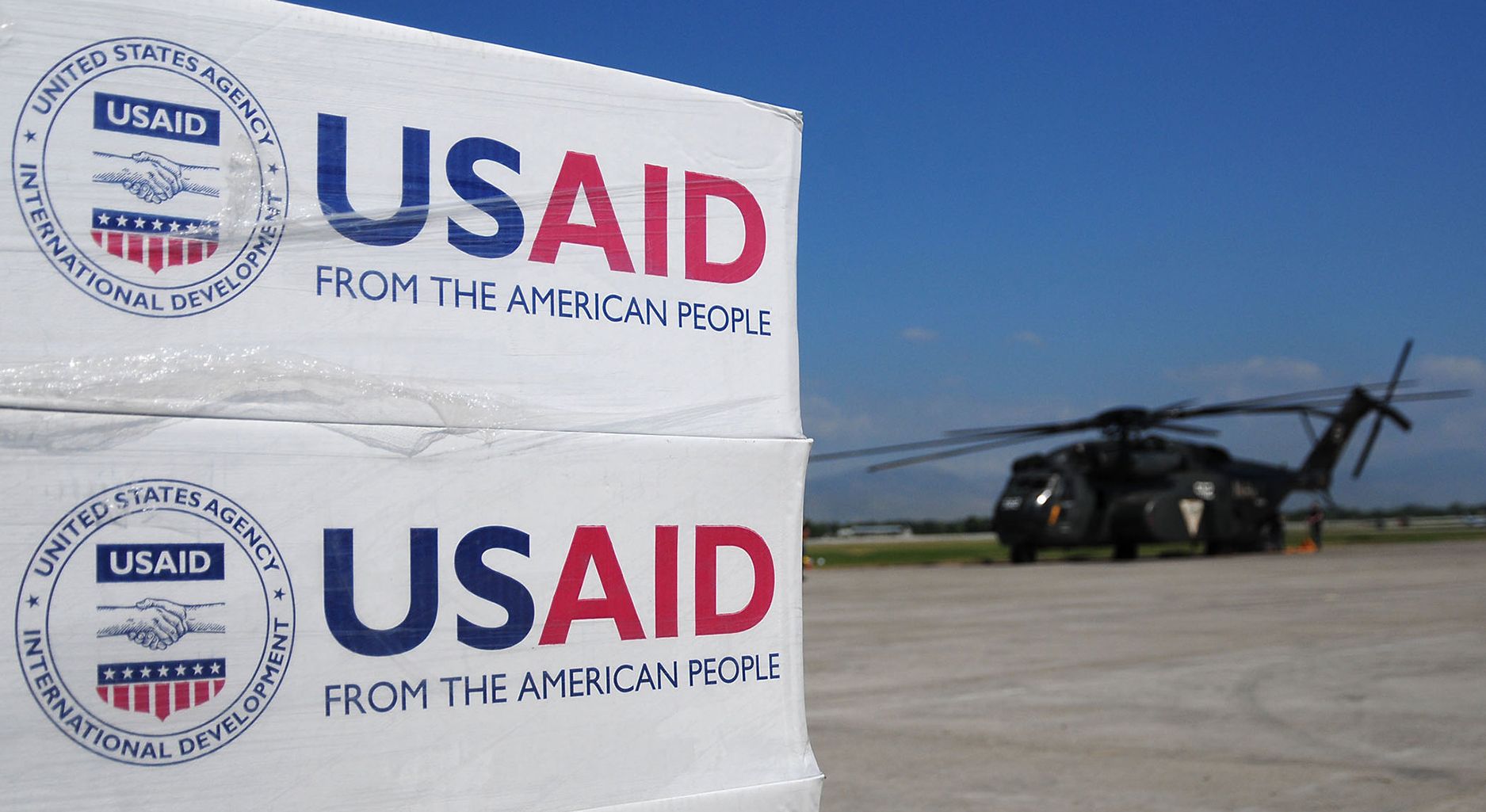Following the collapse of the recently renovated Novi Sad train station, which resulted in the death of 15 people, students across Serbia have been leading one of Europe’s largest protest movements. After months of anti-corruption demonstrations demanding justice and government accountability, hundreds of thousands gathered in Belgrade on March 15, 2025, in what some call the largest mass protest in Serbia’s history. While unprecedented in scale, these protests build on previous uprisings since 2018, driven by diverse causes, but united by a common thread – deep dissatisfaction with the corrupted state apparatus and Vučić’s regime.
Festhalten an der regelbasierten internationalen Ordnung: Wie Europa als Allianz kleiner Staaten gegenüber den Supermächten bestehen kann
Wenn westliche Stimmen den russischen Überfall auf die Ukraine im Februar 2022 als Angriff auf die „regelbasierte“ oder „liberale“ internationale Ordnung beschrieben haben, schwang dabei stets mit, dass es westliche Staaten und insbesondere die USA waren, die nach dem Zweiten Weltkrieg das Völkerrecht sicherten. Es waren jedoch vor allem afro-asiatische Staaten, die während des Kalten Kriegs die regelbasierte Ordnung verteidigten, wenn Aggressionen die Unverletzlichkeit internationaler Grenzen infrage stellten. Eine nähere Betrachtung dieser Geschichte kann helfen, zukunftsfähige Konzepte für die Geltungskraft internationaler Normen zu entwickeln – gerade für ein Europa, das Gefahr läuft, zukünftig zur Verhandlungsmasse der Großmächte zu werden.
Confronting Antarctic Security. Let’s stop chasing spectres at the South Pole!
Antarctica is often celebrated as a continent of peace and science. All ‘measures of a military nature’ – other than logistic and technical support for scientific endeavours – are prohibited by the Antarctic Treaty, which remains widely observed some 66 years after it was negotiated in 1959. However, conversations about ‘Antarctic security’ appear to be increasing in frequency and salience. Rather than chasing military and national security spectres at the South Pole, we should invest more in diplomatic and political efforts to ensure the ongoing effective and peaceful management of the Antarctic.
On International Women’s Day: Feminist Peace Perspectives for Ukraine
February 24 marked the third anniversary of Russia’s war of aggression against Ukraine. Various options for peace are being debated internationally, often without focusing on Ukrainian perspectives and interests. On the occasion of International Women’s Day, PRIF researcher Clara Perras conducted a written Interview with Olena Zinenko, a Ukrainian feminist peace activist and researcher from Kharkiv who currently lives and works in Bochum. She is lecturer at Karazin Kharkiv National University (online), guest researcher in IFHV Ruhr University Bochum and project coordinator at KRF “Public Alternative”.
Mehr Prävention gegen Femi(ni)zide: Warum das Gewalthilfegesetz zu kurz greift
Der Anstieg geschlechtsspezifischer Gewalt und die daraus resultierenden Debatten rücken zunehmend in den Fokus der öffentlichen Wahrnehmung. Fälle wie der Prozess um die Taten gegen Gisèle Pelicot, die Massenvergewaltigung und Ermordung einer indischen Ärztin, der gemeinsame Suizid von Frauen im Sudan zum Schutz vor weiteren Vergewaltigungen, die Ermordung der Olympionikin Rebecca Cheptegei durch ihren Ex-Partner oder das internationale Vergewaltiger-Netzwerk in Telegramgruppen verdeutlichen das globale und hohe Ausmaß geschlechtsspezifischer Gewalt. Auch in Deutschland spiegelt sich dies wider. Das BKA-Lagebild zu geschlechtspezifischer Gewalt gegen Frauen in Deutschland im Jahr 2024 zeigt alarmierende Zahlen: „Fast jeden Tag ein Femizid in Deutschland“.
TW: geschlechtsspezifische Gewalt
Wahlkampf auf digitalen Spielfeldern: Diskurse zu Wahlkampf und Politik in Gaming-Welten
Digitale Gaming-Räume und insbesondere Gaming- und Gaming-nahe Plattformen werden inzwischen nicht nur für Diskussionen über Videospiele genutzt. Da sich auf diesen Plattformen Millionen von Nutzer*innen tummeln, die diesen Diskursen ausgesetzt sind, sind digitale Gaming-Räume immer wichtiger für gesellschaftliche Diskurs- und individuelle Meinungsbildungsprozesse. Dabei zeigt sich eine Überrepräsentation populistischer und rechtsradikaler Inhalte. Unter Umständen beeinflussen diese sogar reale politische Entscheidungen – denn auch aktuelle (welt-)politische Themen und politische Ereignisse wie die Bundestagswahl werden dort verhandelt.
Nirgends und doch überall: Klimapolitik ist Sicherheitspolitik ist Wirtschaftspolitik
Auch auf den letzten Metern des Bundestagswahlkampfes findet Klimaschutz als Wahlkampfthema kaum statt. Bei der Quadrell genannten Fernsehdebatte mit den Kanzlerkandidat*innen der Parteien CDU/CSU, SPD, Bündnis 90/Die Grünen sowie AfD wurde dazu erneut keine einzige Frage gestellt. In deutlichem Kontrast zur letzten Wahl 2021 scheint keine der großen Parteien gegenwärtig im Klimaschutz ein Thema zu sehen, mit dem man Wahlen gewinnen kann. Dabei ist Klimaschutz längst ein zentraler Bestandteil der Wirtschafts- und Sicherheitspolitik Deutschlands und er lässt sich nicht auf reine Klimapolitik begrenzen.
Der Kampf um Körper und Identität: Rückschritte sind zu befürchten
Das Recht auf Selbstbestimmung und Souveränität über den eigenen Körper und die eigene Identität bleiben auch im Bundestagswahlkampf 2025 ein umstrittenes Thema. Die Debatten stehen stellvertretend für die politische Aushandlung zwischen der Aufrechterhaltung rechter und (wert-)konservativer patriarchaler Geschlechterrollen einerseits und progressiven sowie feministischen Positionen andererseits. Mit dem vorzeitigen Ende der Ampel-Regierung kündigt sich ein politischer Wandel an, der sich auch auf den Zugang zu sexueller und reproduktiver Gesundheit und Rechten (SRGR) negativ auswirken könnte.
Periphery as the New Center? Japan’s Renewable Energy Market and Policy Landscape
The Japanese government is currently preparing its 7th Strategic Energy Plan and released its draft plan for public comments in December last year. Reflecting on the war in Ukraine and the growing tension in the Middle East, from which Japan imports the majority of its crude oil, the draft plan emphasizes the importance of a stable energy supply and of close cooperation with industries to achieve decarbonization and energy transition. As the draft plan also states, renewable energy plays a key role in advancing Japan’s green transition. However, the path to replacing fossil fuels with renewable energy does not look so straightforward.
USAID Facing its End? Likely Consequences for International Democracy Promotion
The US government under President Donald Trump has announced a comprehensive shakeup of the US development aid agency USAID. The talk ranges from restructuring or integration into the State Department to complete closure of the organization. Immediately after the announcement, USAID funding was frozen for an initial 90 days and thousands of employees and contractors worldwide are laid off. With the end of USAID as we know it, a fundamental upheaval in international development cooperation and democracy promotion is imminent.
